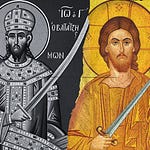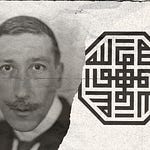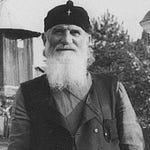In this session, we discussed the second half of St. Justin Popovich's "Orthodox Faith and Life in Christ," focusing primarily on the chapters "Reflections on the Infallibility of European Man" and "Theory of Knowledge of St. Isaac the Syrian." The conversation explores St. Justin's critique of Western humanism, papal infallibility, and the nature of true knowledge from an Orthodox perspective.
Some of the key themes covered:
Critique of Western humanism and papal infallibility
The relationship between knowledge and virtue
Orthodox understanding of true knowledge versus worldly knowledge
Challenges of maintaining Orthodox education in modern times
The connection between faith and knowledge
Notable excerpts:
“Through the dogma of infallibility the pope usurped for himself, that is for man, the entire jurisdiction and all the prerogatives which belong only to the Lord God-man. He effectively proclaimed himself as the Church, the papal church, and he has become in her the be-all and end-all, the self-proclaimed ruler of everything. In this way the dogma of the infallibility of the pope has been elevated to the central dogma of the papacy. And the pope cannot deny this in any way as long as he remains pope of a humanistic papacy.” (p.103)
"Love is born of prayer; just as prayer is born of faith. The virtues are of one substance, and are thus born of one another. Love for God is a sign that the new reality into which a man is led by faith and prayer is far greater than that which has gone before. Love for God and man is the work of prayer and faith; a true love for man is in fact impossible without faith and prayer." (p.128)
“For just as pus has to seep out of a pus-filled wound, and a stench has to come out of a place filled with filth, this has to happen. Papism uses politics because this is the only way It can get power. Lutheranism uses philosophy and science because it believes that this is the only way to obtain wisdom. And so desire declared war against knowledge and knowledge against desire. This is the new Tower of Babel, this is Europe. But in our time, however, there came. a new generation of European, a generation that married desire to knowledge through atheism and rejected both the Pope and Luther.” (p.183-184)
“The anti-Christ king is the beginning of the 19th century. The Pope, the anti-Christ, is the middle of the same century. The philosophers of Europe, the antiChrists (from the lunatic asylum), are the end of that century: Napoleon Bonaparte, Pius, Nietzsche, the three fatal names of the three sickest people of hereditary sicknesses.” (p.185)
Show Notes:
[00:00:01] Introduction and overview of chapters to be covered
[00:04:00] Discussion begins with St. Justin's critique of European humanism and knowledge
[00:06:01] Analysis of the God-man Christ as perfect man and perfect God
[00:09:53] Examination of European humanisms and their attempt to replace God-man with man
[00:13:34] Discussion of papal infallibility as central dogma of papacy
[00:20:15] Analysis of translator Asterios Gerosturgios's work
[00:23:11] St. Justin's humble request for forgiveness from potential Roman Catholic readers
[00:26:23] Discussion of knowledge and virtues according to St. Isaac the Syrian
[00:32:33] Three degrees of knowledge explained:
Lowest level: Following desires of flesh
Second level: Practice of virtues
Third level: Perfection and spiritual understanding
[00:52:02] Discussion of contemporary political implications and democracy
[00:59:59] St. Justin's critique of ecumenism
[01:14:33] Group discussion on education and Orthodox perspective on secular knowledge
[01:42:38] Discussion of John Taylor Gatto's work on education
[01:49:52] Closing remarks and announcement of next book: "On Resistance to Evil by Force" by Ivan Ilyin
Next Meeting
Thursday, November 21st, discussing the first 7 chapters of "On Resistance to Evil by Force" by Ivan Alexandrovich Ilyan
Purchase the book here.


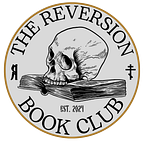

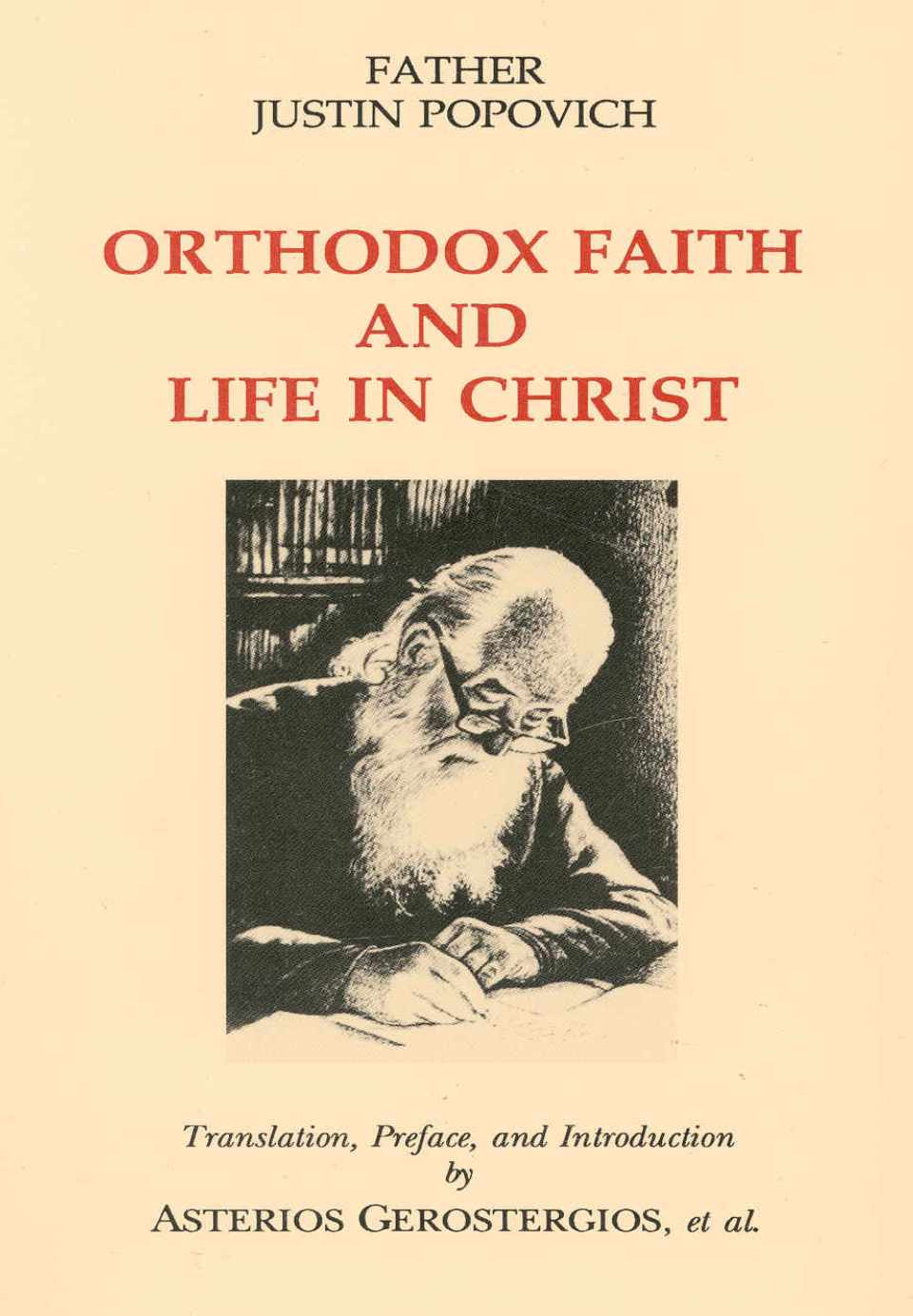
![On Resistance to Evil by Force [Book] On Resistance to Evil by Force [Book]](https://substackcdn.com/image/fetch/$s_!esQ5!,w_1456,c_limit,f_auto,q_auto:good,fl_progressive:steep/https%3A%2F%2Fsubstack-post-media.s3.amazonaws.com%2Fpublic%2Fimages%2F8406ef85-a8d8-4098-aba4-aeb06818f53b_907x1360.jpeg)


